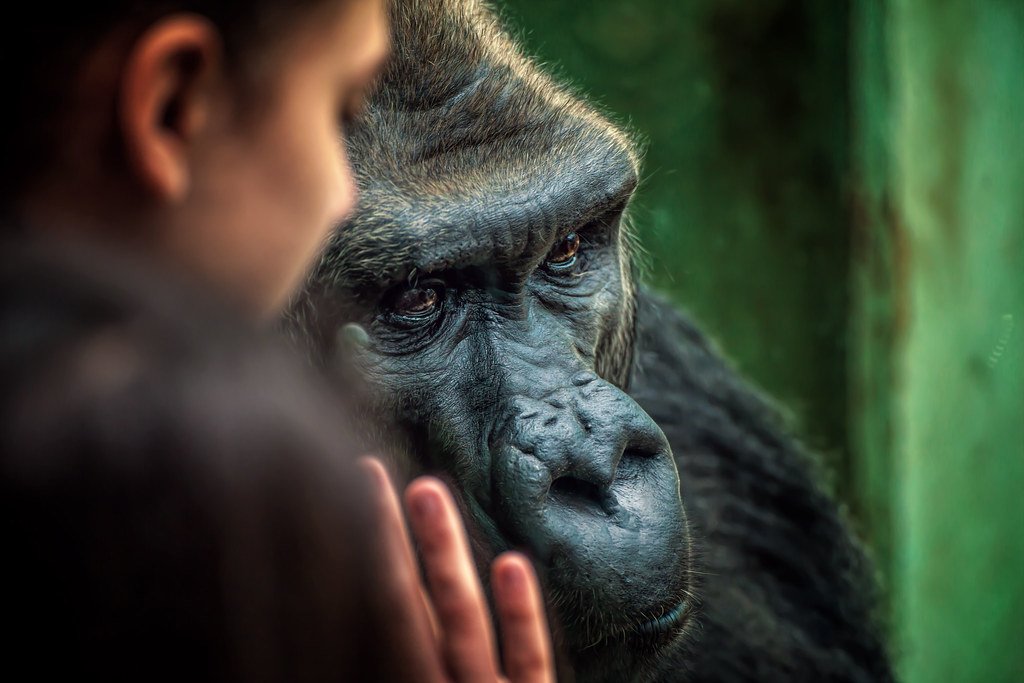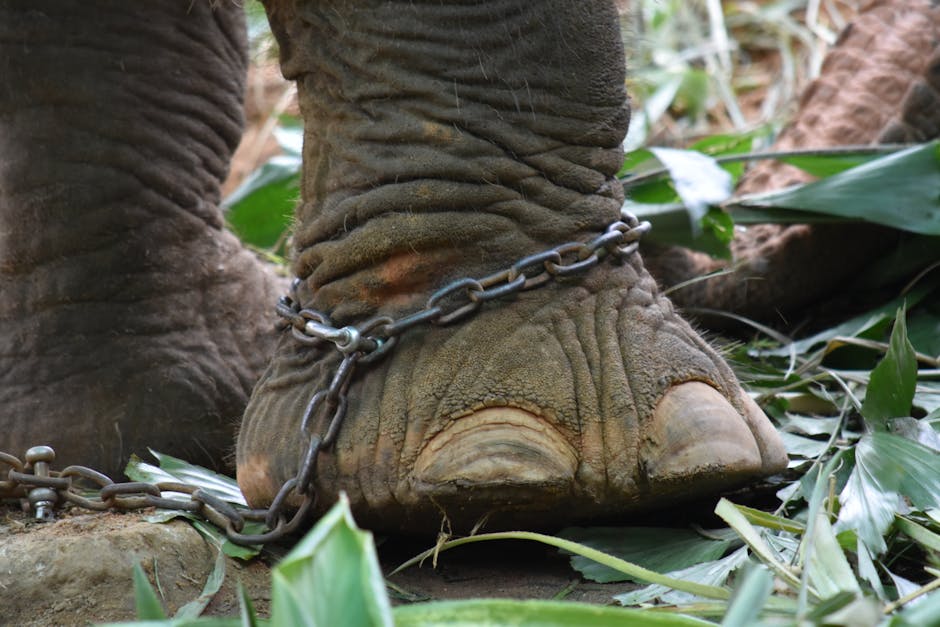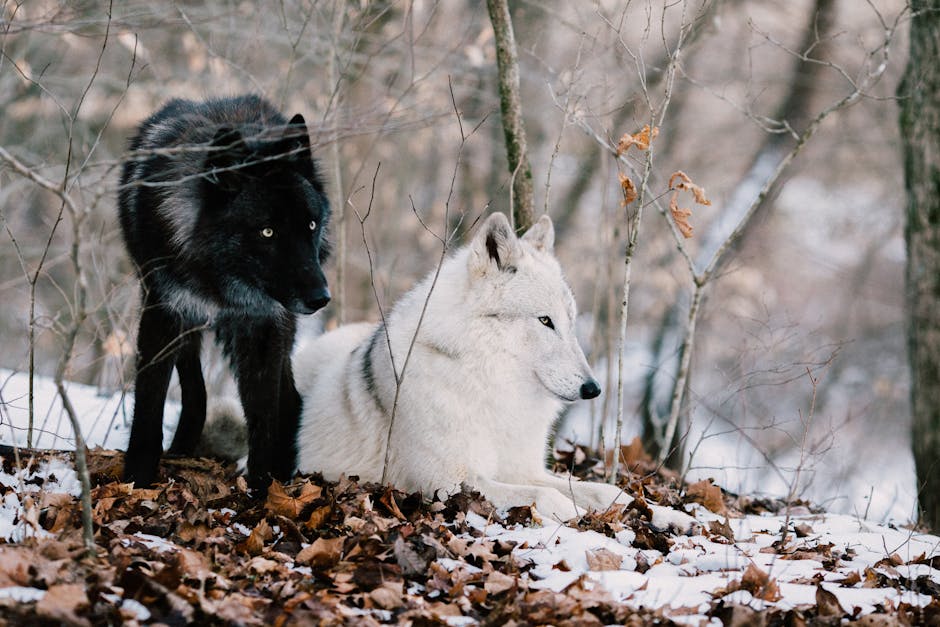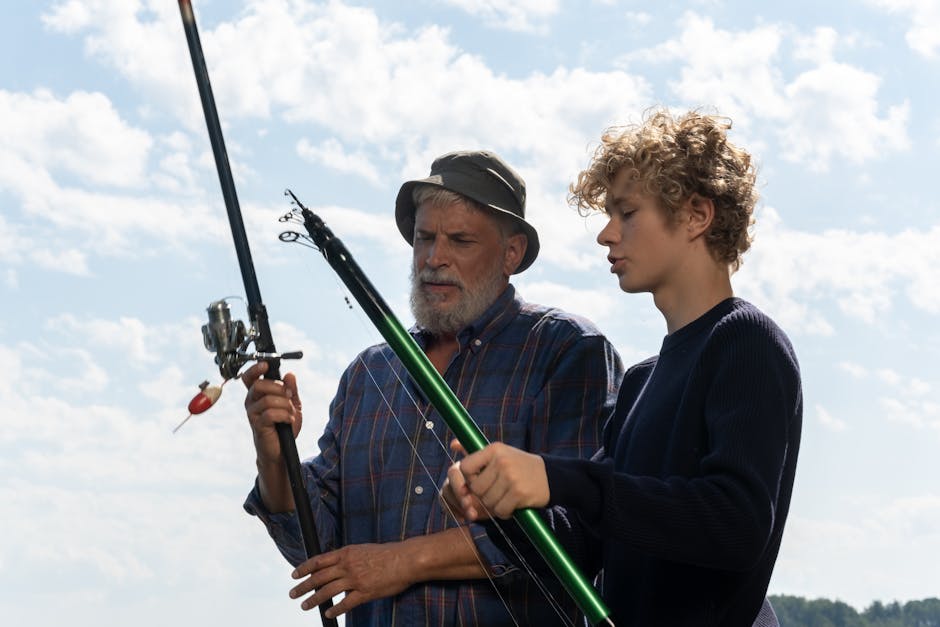Life-Altering Encounters with Wildlife
The wilderness often holds hidden surprises, and an encounter with a wild animal can dramatically shift your worldview. These encounters can be terrifying, but they may also spark a newfound appreciation for life. Facing a predator face-to-face can make someone reconsider the way they interact with all animals, including those they consume. The feeling of vulnerability and awe in the presence of such creatures can lead to a psychological transformation. For some, surviving these harrowing encounters serves as a catalyst for change, nudging them towards a vegetarian lifestyle. The shift from fear to compassion is a journey that many undertake after such life-changing experiences.
Awakening Empathy Through Shared Vulnerability

Being in a dangerous situation with a wild animal often brings an unexpected sense of empathy. Imagine watching an animal fight for its survival; it mirrors many challenges humans face. This experience can create a connection between people and animals that goes beyond mere coexistence. People start to see animals not as adversaries but as fellow beings that share the same planet and vulnerabilities. This realization motivates individuals to reconsider their dietary habits, leading many to embrace vegetarianism. The transition is one of understanding that empathy isn’t limited to our species, but can extend throughout the animal kingdom.
Recognizing the Right to Life for All Beings

Faced with a predator, people often contemplate the fundamental right to existence shared by all living things. It’s paradoxical yet enlightening to realize that all creatures, whether they have fur, feathers, or scales, have a drive to survive. This can force people to look inward and question how they justify taking life. Many reach the conclusion that animals deserve the same respect for their lives as humans do. This moral reckoning can inspire people to choose a path of less harm, aligning their diets with their newfound commitment to life preservation. Thus, the encounter becomes a turning point in how they view the lives of others.
Understanding Natural Behavior and Instincts

Dangerous encounters often instill a deeper understanding of the natural world and its behaviors. The realization frequently dawns that animals are not inherently aggressive but are compelled by survival instincts. This insight leads to a shift in perception, from seeing animals as threats to understanding them as integral parts of the ecosystem. Individuals often start to respect animals’ roles, acknowledging that their actions are geared towards sustenance and protection. The humane response is a choice that reflects this newfound respect—adopting dietary choices that don’t compromise animal welfare.
Questioning Human Dominance Over Nature
Being confronted by a wild animal unsettles the often-held belief in human superiority over the natural world. Suddenly, the line that positions humans above other life forms is blurred. Experiencing the raw power and unpredictability of nature humbles and takes people back to their roots as simple organisms coexisting with others. The realization hits that we are not masters of nature but part of it, creating dissonance in traditional views on consuming animals. This enlightenment can push individuals to pursue a more harmonious existence, embracing vegetarianism as a means of showing respect for all forms of life.
Confronting Mortality and Embracing Compassion
Life-threatening animal encounters often lead individuals to grapple with their mortality. Such an experience opens the mind to the fragility and transience of life, not only for humans but all creatures. This reflection can lead to a broadened perspective on the importance of compassion across species lines. The acknowledgment of shared vulnerability fuels a newfound commitment to protecting life, transforming the way people engage with the world. It often manifests in dietary choices that emphasize compassion over consumption, choosing not to contribute to animal deaths.
Spiritual and Philosophical Reflections on Interconnectedness

Surviving a wild animal encounter often initiates a deep, spiritual introspection. The close brush with death or danger encourages reflection on the interconnectedness of all beings and the ethical implications of causing harm. Individuals may contemplate non-violence as a moral duty, questioning their role in perpetuating harm to other living creatures. This internal dialogue frequently aligns itself with vegetarianism, as people seek to harmonize their lives with principles of compassion and non-violence. Thus, the encounter serves as a pivotal moment for reevaluating life choices.
Breaking the Cycle of Violence Through Dietary Choices
The experience of animal violence may prompt individuals to reconsider their role in the cycle of violence pervasive in both nature and human societies. By choosing a vegetarian lifestyle, people consciously opt out of this cycle, advocating for peace and reducing harm. It’s a deeply personal decision emblematic of a broader commitment to breaking cycles of aggression, whether against humans or animals. The choice becomes not just about personal health but a statement against the systemic violence embedded in meat consumption. Through opting for vegetarianism, people take a stand for non-violence and empathy.
Seeking Healing and Transformation After Trauma

The trauma experienced during a close call with a dangerous animal often initiates a journey for personal healing and growth. In this transformative period, many individuals redefine their relationship with the natural world, finding solace in compassionate choices. Vegetarianism becomes a symbol of personal growth, marking a commitment to a life of empathy and respect for all living creatures. This journey reflects an internal desire to align with principles of kindness, moving from passivity to active advocacy for life. Through dietary changes, people symbolically embrace a new worldview built on coexistence and mutual respect.
